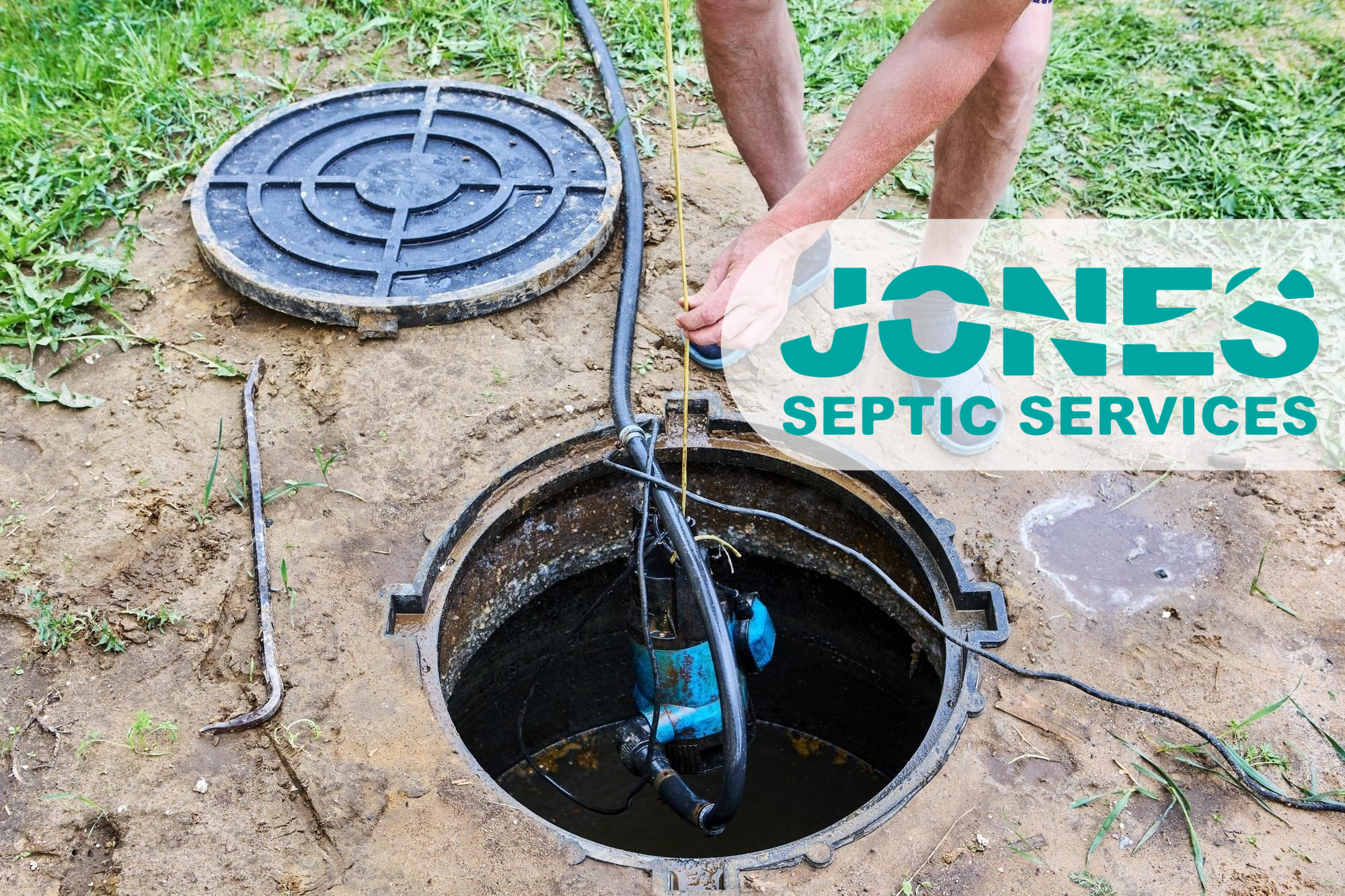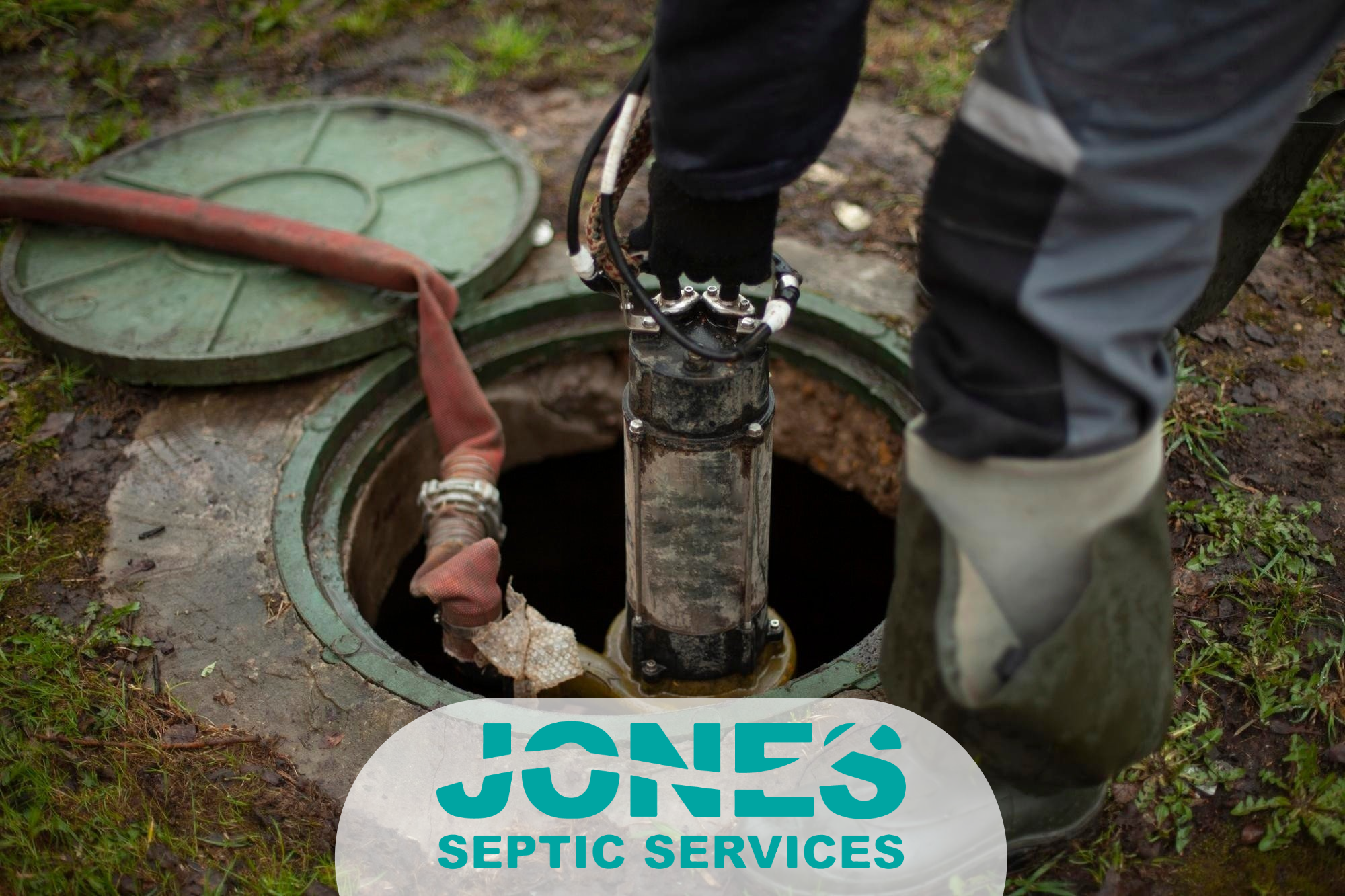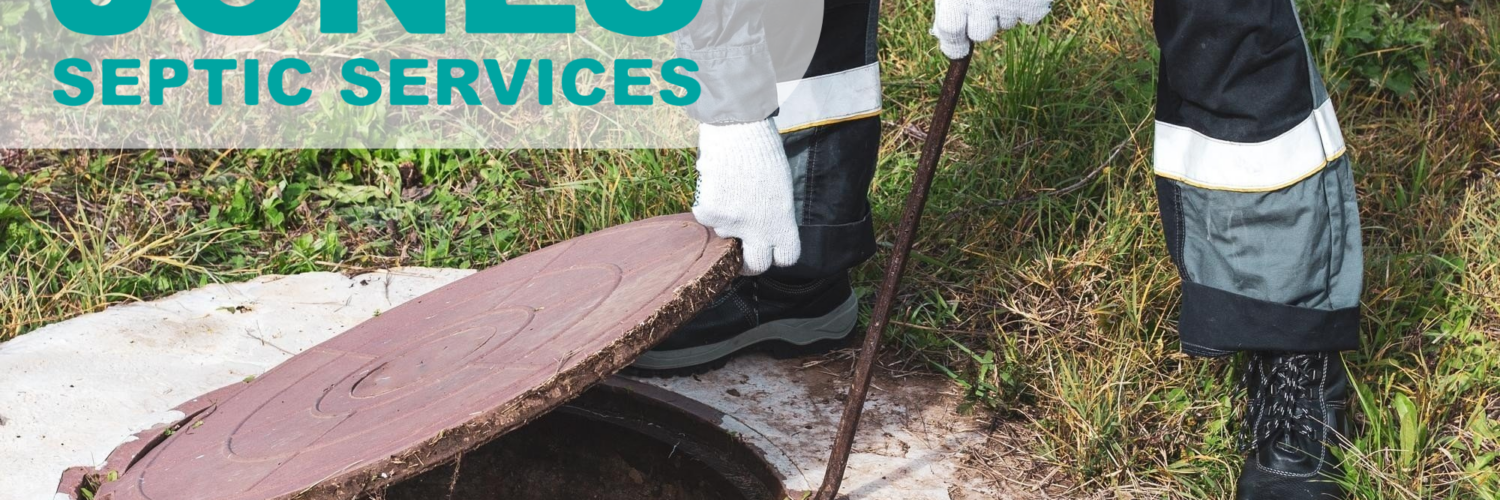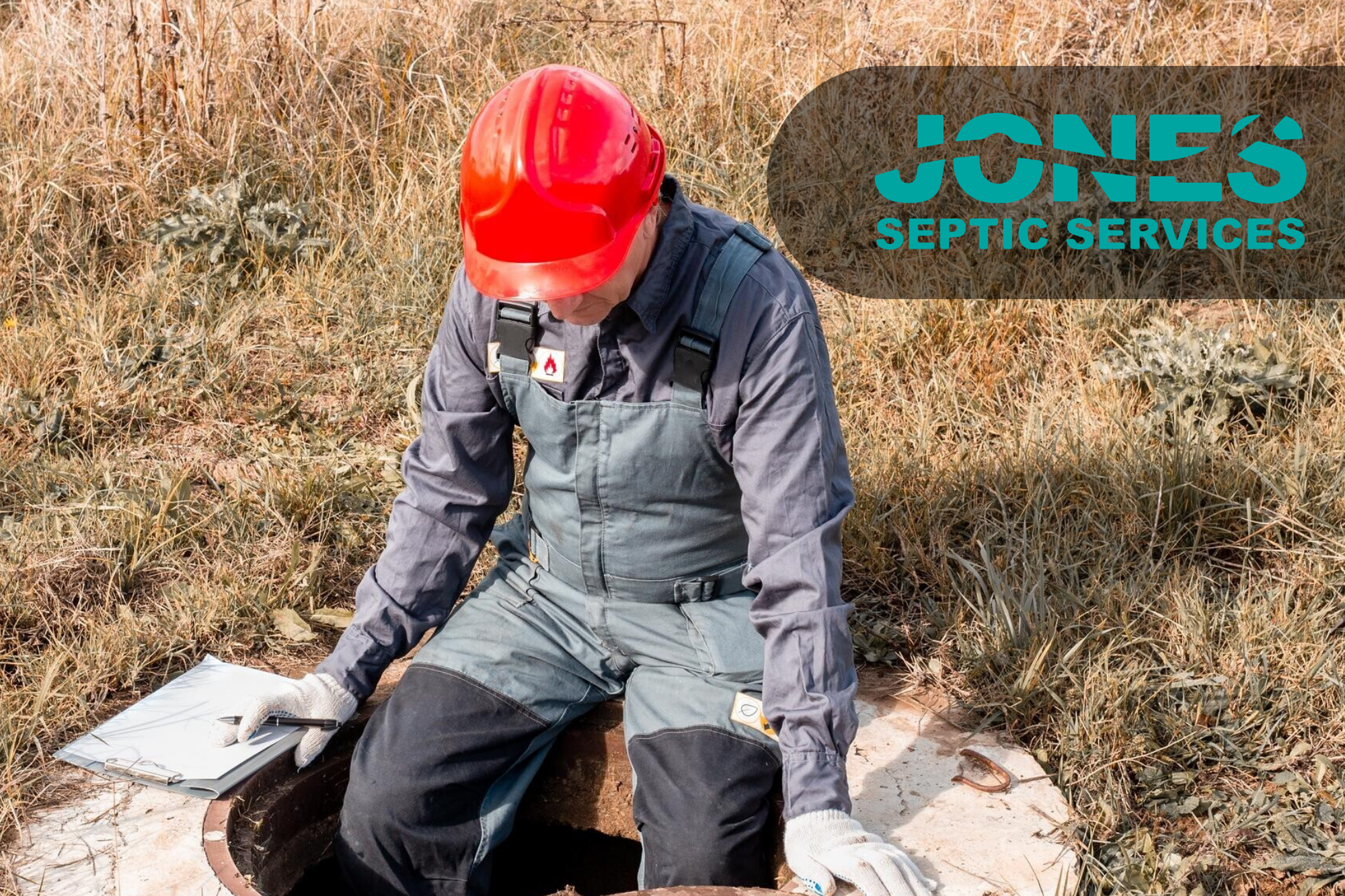Septic systems play a vital role in managing wastewater for properties not connected to municipal sewer lines. In Dutchess County, many residential, commercial, and rural properties rely on septic systems for safe and efficient waste treatment, making them an essential part of everyday living. Because these systems operate underground and out of sight, it is easy for property owners to forget about them until problems arise. However, neglecting septic care can lead to serious issues, including foul odors, slow drains, backups, and even contamination of local groundwater supplies.
One of the most effective ways to maintain these systems and extend their lifespan is through routine septic tank cleaning. This process removes accumulated solids, sludge, and grease that naturally build up inside the tank over time. Without regular cleaning, these materials can clog the system, reduce its efficiency, and eventually cause expensive system failures.
Regular cleaning not only preserves system performance but also helps prevent costly repairs and environmental damage. For example, untreated wastewater leaks can pose risks to nearby wells, streams, and soil, creating health hazards and regulatory concerns for property owners. In addition, keeping septic systems in good condition supports the long-term value of a property, since buyers often look for evidence of consistent maintenance before closing a sale.
Understanding the benefits of this essential maintenance practice can help property owners make informed decisions about their septic care schedules. By working with trusted professionals who know the unique soil conditions and environmental regulations in Dutchess County, homeowners and businesses can ensure that their septic systems remain reliable for years to come. Investing in preventative care today ultimately saves money, protects the environment, and provides peace of mind for the future.
How Septic Tank Cleaning Works
A septic tank cleaning service involves removing accumulated sludge and scum from the tank, ensuring that wastewater can flow freely into the drain field. This process is far more than just pumping out liquidity targets the dense solids that settle at the bottom and the fats, oils, and grease that rise to the top. Over time, these layers thicken and begin to reduce the available space in the tank, interfering with the natural separation process. If not properly managed, they can clog the outlet or damage the drain field, leading to backups, foul odors, and costly system failures.
During a professional septic tank cleaning, technicians use specialized equipment to thoroughly pump out all sludge, scum, and wastewater, leaving the tank ready to function at full efficiency. The service often includes inspecting baffles, filters, and connections to ensure that no cracks, leaks, or blockages are present. In some cases, technicians may also recommend high-pressure water jetting to break down hardened residue, ensuring that pipes and the drain field remain clear.
According to the EPA SepticSmart Program, tanks should generally be inspected every 1–3 years and cleaned as needed. However, the frequency of cleaning is not universal. Local factors in Dutchess County such as soil type, water usage, household size, and property layout can significantly affect how often septic tank cleaning is necessary. For example:
- Sandy soil may allow liquids to filter quickly but increases the risk of contamination if solids escape the tank.
- Clay soil drains more slowly, meaning a well-maintained system is critical to prevent backups.
- High water usage householdssuch as large families or multi-unit propertiesoften need cleaning more frequently.
- Smaller properties with limited drain field space can also experience stress on their systems without regular maintenance.
Because every property is unique, septic system professionals in Dutchess County often provide tailored recommendations after inspection. Following these guidelines helps property owners avoid unexpected failures while ensuring their septic systems continue to operate safely and efficiently.

Key Benefits of Routine Cleaning
Routine septic tank cleaning is not just a maintenance task, it is a long-term investment in the safety, efficiency, and value of any property. For homeowners, businesses, and farms in Dutchess County, consistent care offers several key advantages:
Preventing System Failure
A clogged or overfilled septic tank can lead to wastewater backups, foul odors, and even complete system failure. These problems often appear suddenly, disrupting daily life or business operations and resulting in expensive emergency repairs. Routine cleaning helps avoid these issues by ensuring the tank operates within capacity, preventing sludge buildup from overwhelming the system. For busy households and commercial facilities, this simple step provides peace of mind and reliable performance.
Protecting the Drain Field
The drain field is responsible for dispersing treated wastewater safely into the soil. When a tank overflows with solids, these materials can escape into the drain field, blocking the soil’s natural filtration process. This not only reduces system efficiency but can also require costly repairs or even full replacement of the drain field. Local septic professionals offering Dutchess County NY Septic Tank Cleaning provide the expertise to ensure solids are removed before they cause lasting damage, helping the entire system function effectively.
Extending System Lifespan
Septic systems are designed to last for decades, but only with proper care. Routine cleaning can add years to the life of a septic system by preventing wear and tear caused by excess solids and sludge. For property owners, this means delaying the need for costly replacements, which can exceed tens of thousands of dollars depending on system size and soil conditions. Preventive cleaning is a far smaller investment compared to the expense of system replacement.
Supporting Environmental Health
Beyond protecting the property itself, septic maintenance also safeguards the community. Overflowing septic tanks can release harmful bacteria, nutrients, and pathogens into groundwater, streams, and nearby waterways. This poses risks to drinking water supplies, agriculture, and local ecosystems. By adhering to the New York State Department of Health – Septic System Guidelines, property owners in Dutchess County actively help preserve clean water resources and protect public health.
Together, these benefits demonstrate why routine septic tank cleaning should never be overlooked. It is a cost-saving, environmentally responsible, and highly effective way to ensure long-term reliability for any property connected to a septic system.
Understanding Local Factors in Dutchess County
Every septic system functions under different conditions, and in Dutchess County, several local factors play a direct role in how often septic tank cleaning is required. By understanding these unique influences, property owners can develop more effective maintenance schedules and avoid costly issues.
Soil and Water Table Conditions
Soil type and groundwater levels are critical to septic system performance. Areas with a high water table can cause the drain field to saturate quickly, reducing its ability to properly filter wastewater. Similarly, clay-rich soil retains water for longer periods, making it more difficult for effluent to disperse. Both scenarios increase the likelihood of backups and overflows if septic pumping is not performed on a regular basis. In contrast, sandy soil drains more easily, but it can allow untreated wastewater to move too quickly into the groundwater if solids escape the tank. Regular septic tank cleaning is essential to manage these risks and keep the system operating safely.
Seasonal Usage
Tourism-heavy towns such as Rhinebeck and Beacon often experience fluctuations in water usage throughout the year. Summer festivals, short-term rentals, and seasonal visitors significantly increase the volume of wastewater entering septic systems. This surge can accelerate the buildup of sludge and scum inside the tank, making septic cleaning necessary more often than in year-round residential properties. For property owners who rely on seasonal income, staying ahead of septic maintenance ensures that guests enjoy a comfortable stay without interruptions caused by system failures.
Age of the System
The age of the septic system also plays a major role in determining how frequently maintenance is needed. Older systems may have reduced tank capacity, worn baffles, or outdated designs that cannot handle modern water usage levels. As these systems age, they become more vulnerable to leaks, clogs, and drain field saturation. Proactive cleaning and inspections help extend their lifespan and prevent premature system replacement, which can be a major expense for property owners in Dutchess County.
By taking into account soil conditions, seasonal demand, and the age of the system, property owners can create a realistic and effective septic care plan. Partnering with local professionals who understand the environmental and regulatory landscape of Dutchess County ensures that every system whether residential, commercial, or seasonal remains safe, efficient, and compliant for years to come.
Services Often Paired with Cleaning
Septic tank cleaning is often performed alongside other important services, creating a more complete approach to wastewater management and system longevity. By combining multiple maintenance steps in a single visit, property owners in Dutchess County can maximize efficiency, reduce long-term costs, and keep their systems performing reliably. Commonly paired services include:
- Dutchess County NY Septic Tank Pumping – While cleaning removes sludge and scum, pumping eliminates both liquid and solid waste from the tank, effectively resetting its capacity. This service is especially important for households and businesses with higher-than-average water usage.
- Dutchess County NY Septic Tank Inspection – Professional inspections identify early warning signs such as cracks, leaks, or root intrusions. When performed alongside septic tank cleaning, inspections ensure that the system is not only emptied but also structurally sound.
- Dutchess County NY Septic Tank Installation – In cases where a system is outdated or severely damaged, a new septic tank installation may be necessary. Installing a modern system improves efficiency, enhances environmental protection, and brings properties up to current code requirements.
- Dutchess County Septic Tank Repair – Structural damage, broken baffles, or component failures can compromise the entire system. Pairing septic tank repair with routine cleaning ensures that minor issues are addressed before they escalate into costly emergencies.
- Pipe snaking and drain field maintenance – Over time, pipes and drain fields may become obstructed by grease, debris, or invasive roots. Snaking and drain field care keep wastewater moving efficiently and prevent backups into the home or business.
Bundling septic tank cleaning with these services not only saves time and labor but also provides property owners with a clearer understanding of their system’s overall condition. With the right maintenance plan, residents and businesses in Dutchess County can keep their septic systems safe, compliant, and long-lasting.
Cost-Saving Advantages of Preventive Cleaning
Investing in preventive maintenance is one of the most effective ways to protect both a septic system and a property owner’s budget. Routine cleaning can reduce the risk of emergency service calls, which are typically more expensive and often occur at the most inconvenient times. Beyond that, preventive care minimizes the likelihood of requiring a full system replacement cost that can easily exceed $10,000 for residential systems and much more for commercial or agricultural operations in Dutchess County.
By keeping up with septic tank cleaning, property owners can extend the lifespan of their systems, protect surrounding soil and groundwater, and avoid the stress and disruption caused by unexpected failures. In fact, preventive measures not only save money but also help ensure regulatory compliance, a key factor for businesses and farms operating under stricter environmental guidelines.
Preventive steps include:
- Maintaining an updated service log – Recording every inspection and cleaning creates a clear history of care. This documentation helps professionals spot patterns, anticipate future needs, and is valuable for real estate transactions when buyers want proof of a well-maintained septic system.
- Avoiding disposal of grease, chemicals, or non-biodegradable items – Cooking oils, paints, solvents, wipes, and plastics can disrupt the natural breakdown process inside the tank. Over time, these materials cause blockages that force premature repairs.
- Spacing out water-intensive activities – Running multiple loads of laundry, long showers, and dishwasher cycles in a short period can overload the system. By spreading out water use throughout the day, property owners reduce stress on the tank and drain field.
- Scheduling regular inspections – Even if the system seems to be working properly, proactive checkups allow technicians to identify small issues such as cracked baffles or filter problems before they escalate into costly repairs.
Ultimately, preventive cleaning is not just about avoiding major expenses. It’s about peace of mind, knowing that a septic system is functioning efficiently and will continue to support a home, business, or farm for years to come. With proper care, property owners in Dutchess County can protect their investment while avoiding unnecessary financial strain.

Commercial and Multi-Unit Considerations
Large-scale septic systems, such as those serving apartment complexes, office buildings, restaurants, or commercial facilities, experience significantly heavier daily use compared to single-family residential properties. With higher volumes of wastewater and more diverse waste inputs, these systems face greater stress on both the septic tank and the drain field. As a result, regular cleaning and inspection schedules are critical not only for efficiency but also for meeting local and state compliance requirements.
For property managers, landlords, and business owners in Dutchess County, preventive septic maintenance is a matter of both operational continuity and liability management. A system failure in a multi-unit property can disrupt dozens of households or businesses at once, leading to tenant dissatisfaction, costly emergency repairs, and potential violations of health regulations.
The CDC – Onsite Wastewater Treatment resource emphasizes that well-maintained septic systems are essential for public health, particularly in areas where multiple households or businesses share infrastructure. Without routine cleaning, the risk of contamination, system overflow, and environmental damage increases substantially. This makes proactive care a necessary step in protecting not only the property itself but also the surrounding community.
Key considerations for large-scale systems include:
- Increased cleaning frequency – Due to higher wastewater volumes, commercial and multi-unit septic systems often require more frequent pumping than the typical 3–5 year residential cycle.
- Detailed maintenance logs – Keeping accurate records is vital for proving compliance during health inspections and regulatory reviews.
- Employee and tenant education – Informing occupants about proper waste disposal practices (e.g., avoiding grease, chemicals, or wipes) helps reduce strain on the system.
- Coordinated inspections and upgrades – Combining cleaning with regular inspections allows property managers to address wear, capacity issues, or needed upgrades before they become urgent.
By implementing structured maintenance schedules and partnering with professionals who understand Dutchess County regulations, commercial and multi-unit property owners can ensure system reliability, protect tenant health, and avoid costly service interruptions.
Environmental and Regulatory Benefits
In Dutchess County, regulations encourage timely maintenance to protect waterways and prevent contamination, reflecting the community’s commitment to environmental stewardship. Septic systems that are neglected or overloaded can release untreated wastewater into the soil, eventually leaching into streams, rivers, and private wells. This not only creates public health risks but also threatens local ecosystems, including sensitive habitats along the Hudson River and nearby wetlands.
The NYS DEC Septic Replacement Program even offers incentives in certain cases for upgrading or replacing systems that pose an environmental risk. Eligible property owners may receive financial assistance to offset the cost of installing newer, more efficient systems, reducing the likelihood of harmful discharges. These programs highlight how state and county agencies are working together to safeguard drinking water supplies and preserve natural resources for future generations.
Regular cleaning aligns with these efforts, helping property owners stay compliant while preserving local natural resources. By keeping septic tanks clear of excess sludge and ensuring drain fields function properly, residents and businesses reduce the potential for costly violations or environmental damage. For agricultural operations, in particular, preventive cleaning plays a vital role in minimizing runoff that could impact surrounding farmland and water bodies.
Ultimately, maintaining a proactive cleaning schedule not only protects individual systems but also supports broader county and state initiatives aimed at water quality and sustainability. Property owners who invest in septic tank cleaning are not just caring for their homes or businesses, they are contributing to a cleaner, healthier Dutchess County..
Best Practices for Scheduling Septic Cleaning
Planning ahead is the key to keeping a septic system reliable and cost-efficient. While septic tank cleaning is often thought of as a reactive service, treating it as a proactive part of property care ensures smoother operation and fewer unexpected issues. Following a few best practices makes the process easier and more effective for homeowners, businesses, and farms across Dutchess County.
- Schedule services before high-usage seasons – If a property experiences seasonal spikes such as vacation rentals in Rhinebeck, summer tourism in Beacon, or farm operations during harvest it’s wise to arrange septic cleaning in advance. Preparing the system before peak demand reduces the risk of backups or service interruptions when the system is under the most stress.
- Keep tank lids accessible and clearly marked – Locating the tank can be one of the most time-consuming parts of a service visit. By ensuring lids are easy to find and not obstructed by landscaping, driveways, or structures, property owners save both time and labor costs during each appointment. Clearly marked access points also make emergency service faster if an urgent issue ever arises.
- Work with professionals who understand Dutchess County conditions and local regulations – Septic system performance is directly influenced by regional factors like soil type, groundwater levels, and county environmental codes. Choosing a service provider familiar with Dutchess County ensures that maintenance is not only thorough but also compliant with local standards, helping property owners avoid fines and long-term environmental damage.
- Combine cleaning with inspections for a full system health check – Septic tank cleaning removes buildup, but pairing it with an inspection provides a more complete picture of system health. During inspections, technicians check baffles, filters, distribution boxes, and the drain field to identify early signs of wear or damage. Addressing minor issues during routine service prevents them from turning into expensive repairs later on.
By following these best practices, property owners can streamline their maintenance schedules, extend the life of their septic systems, and gain peace of mind knowing that their system is prepared for both everyday use and seasonal demands.
Final Thoughts
Routine septic tank cleaning in Dutchess County offers a wide range of benefits from preventing costly failures to protecting the local environment and ensuring compliance with regional standards. A well-maintained septic system is not just about convenience; it directly impacts property value, groundwater safety, and long-term operating costs.
By following expert recommendations and maintaining a consistent service schedule, property owners can extend the life of their systems, safeguard public health, and avoid unnecessary expenses. Regular cleaning also reduces the likelihood of emergency service calls, which are often more disruptive and expensive, while providing peace of mind that the system is running at its best.
Whether for residential homes, commercial facilities, or agricultural operations, this essential maintenance step is key to long-term system efficiency and reliability. Working with trusted local professionals who understand Dutchess County soil conditions, water usage patterns, and regulatory requirements ensures that every system receives the proper care it needs.
For property owners, the choice is simple: investing in preventive cleaning today protects both their property and the community tomorrow. Routine septic tank cleaning is not just a service, it’s a smart, cost-saving strategy for a cleaner, healthier, and more reliable future.





